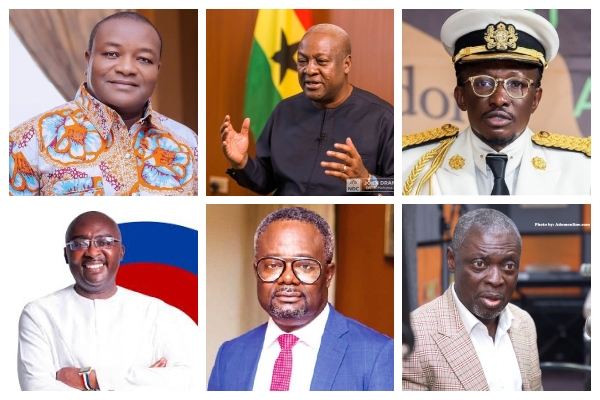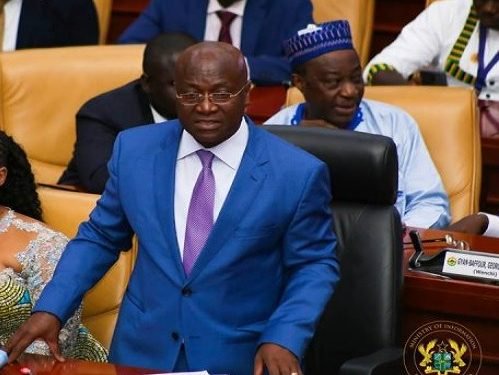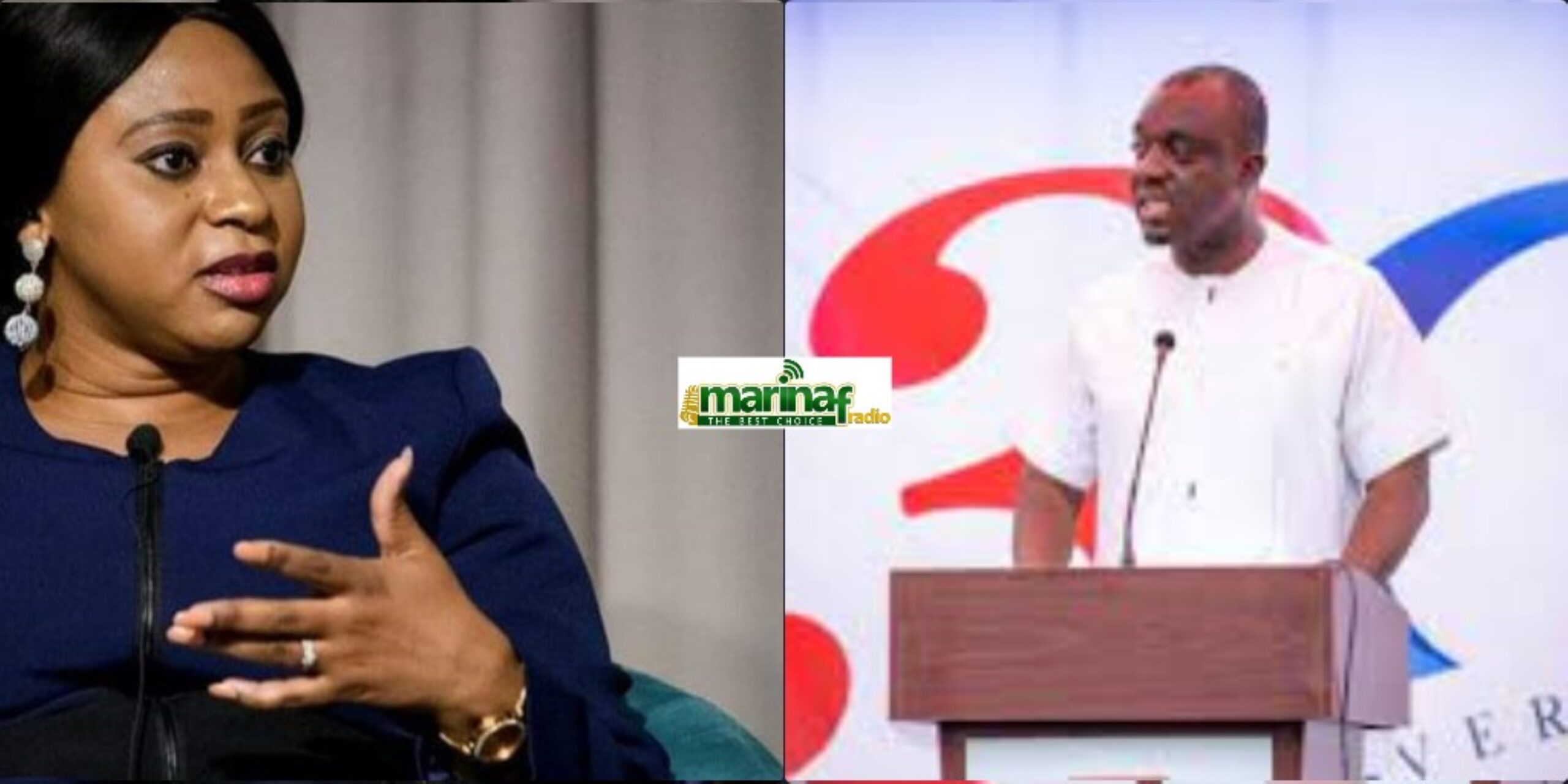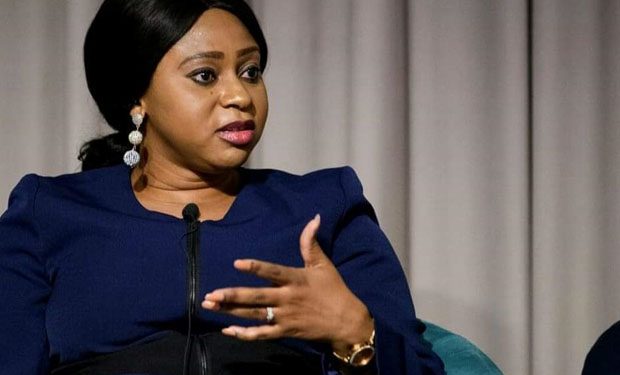
A recent Afrobarometer report reveals that honesty, character, and campaign promises will be the main factors influencing voter decisions in Ghana’s upcoming 2024 elections.
According to the survey, a significant 90% of respondents place high importance on a candidate’s honesty, while 88% emphasise character, and 59% consider campaign promises relevant.
This data highlights a strong preference among Ghanaian voters for personal integrity and ethical qualities over political pledges alone.
In addition to these personal attributes, the report indicates a high level of public trust in certain non-state institutions.
Entities such as the Ghana Armed Forces, religious and traditional leaders, and civil society organizations emerge as the most trusted institutions.
Entities such as the Ghana Armed Forces, religious and traditional leaders, and civil society organizations emerge as the most trusted institutions.
This high regard contrasts starkly with the dwindling trust in state institutions, particularly within agencies like the police, the presidency, tax officials, Members of Parliament (MPs), and the judiciary, whose trust ratings have notably declined since 2012.
Public perceptions regarding corruption remain troubling, with 74% of Ghanaians perceiving an increase in corruption over the past year.
Although this reflects a slight decrease from 2022 levels, it underscores an ongoing issue within the public sector. Additionally, only a small percentage, around 26%, feel confident that they can report corruption without fearing retaliation—a decrease of four percentage points since the last survey.
This decline suggests an escalating atmosphere of caution among Ghanaians when it comes to whistle-blowing.
Despite concerns over corruption, the survey underscores a resilient belief in elections as the ideal means for selecting leaders, a view that has remained consistent among Ghanaians since 2002.
The findings highlight that, for the majority, the electoral process continues to be central to democratic governance, underscoring a collective commitment to electoral integrity.
Interestingly, however, the report also indicates a slight increase in the number of Ghanaians considering alternative methods for choosing leaders.
Source: myjoyonline.com




